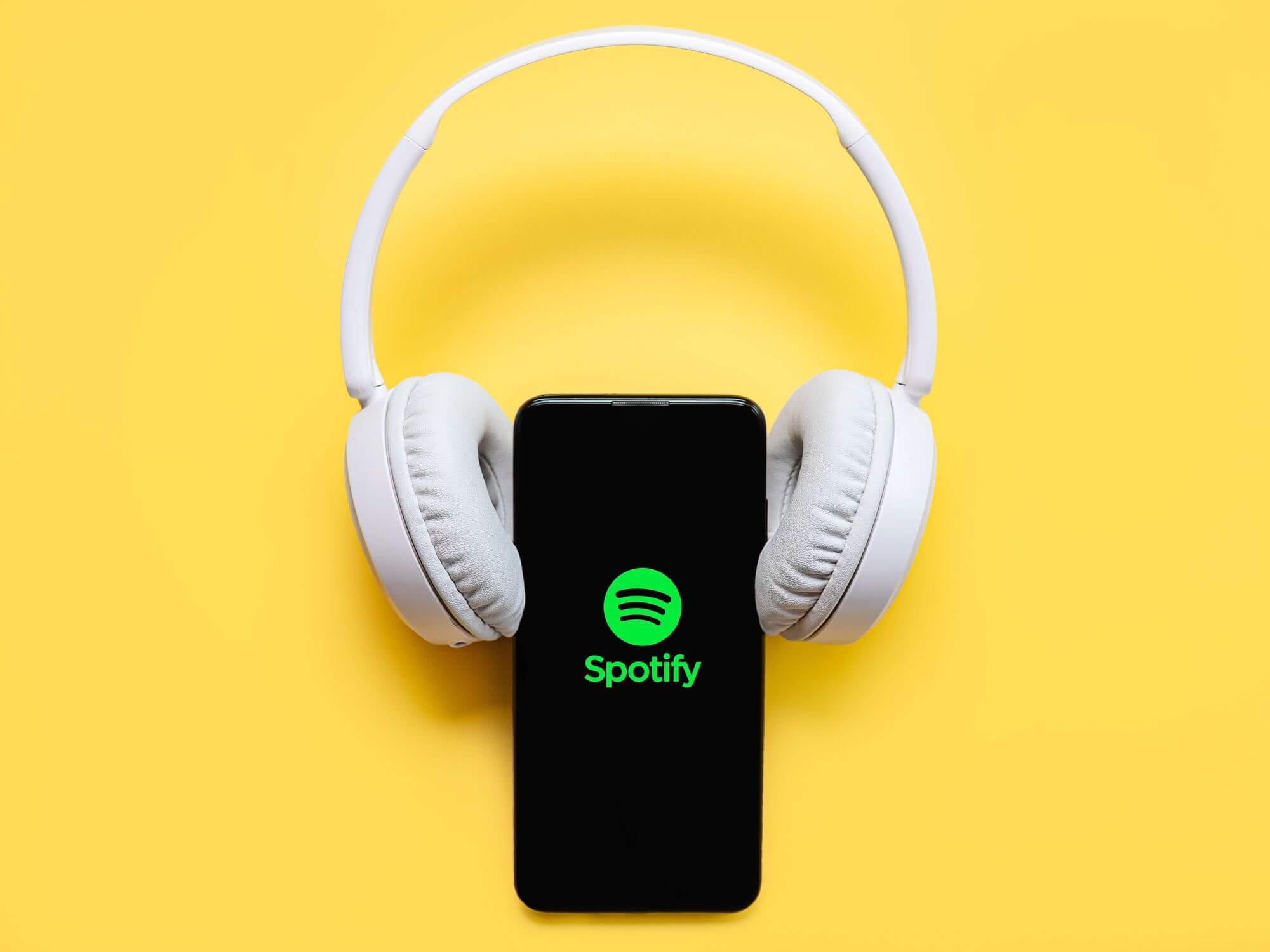Spotify’s royalty payout threshold reportedly set at 1000 streams under new rules
The controversial change will take effect in the first quarter of 2024.

Image: Esther Moreno / Alamy Stock Photo
Last month, it was reported that Spotify will be making some major changes to its royalty payout model in a bid to combat “drains on the royalty pool” and direct more money to working artists.
Of the new measures announced, one is the introduction of a threshold of minimum annual streams before a track can start generating royalties. While the exact number of minimum streams required wasn’t specified at the time, a new source has confirmed that tracks published on Spotify will need to reach a minimum of 1,000 streams within 12 months (or over 80 streams a month) in order to begin earning royalties.
The number was revealed by Kristin Graziani, president of music distribution platform Stem, who explains in a Consequence op-ed that the changes will help deliver on the goal of ‘getting more money into the hands of artists’.
Addressing criticisms of the new streaming threshold, Graziani says, “Critics have said that a minimum streaming threshold would harm artists at the start of their careers, but the actual policy paints a different picture.”
“1000 streams in a 12-month period accounts for, at most, $3.00 in earnings,” she explains, adding that “$3.00 is well below the threshold at which almost every distributor allows artists to transfer earnings into their own bank accounts. In other words, this is money that isn’t currently making it to artists in the first place.”
According to Graziani, it’s the distributors — not artists — who currently benefit from the millions of tiny payments that Spotify pays for content that receives a few streams per month.
“Redirecting those tiny payments can immediately increase the royalty pool by $40 million dollars each year, and that number can grow over time.”
Aside from the new streaming threshold, Spotify will also be making two other changes to its payout system: first, labels and distributors will be penalised for delivering content responsible for “fraudulent streams” and second, functional tracks (like white noise and ambient sounds) will require a longer minimum play time than music tracks to earn a royalty.
“Functional audio obviously plays an important role (it’s in the name), but I think it’s a different role than artist-driven music, and it should be compensated differently,” Graziani argues.
“These new policies acknowledge the simple truth that improving outcomes for artists goes beyond demanding bigger payouts from the DSPs. There are plenty of problems in this industry preventing money that’s already in the system from reaching artists. In addition to increasing payouts, we must plug these holes or else the same bad actors will continue to profit at the expense of artists who are none the wiser.”